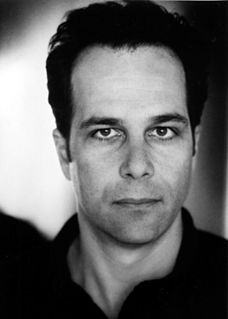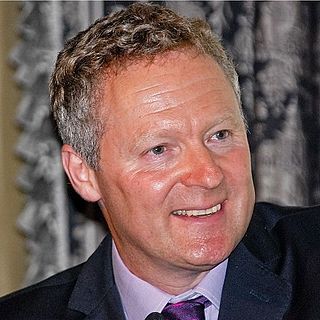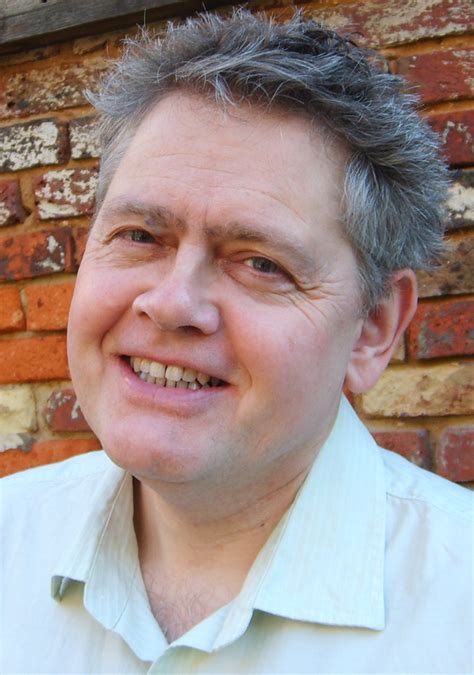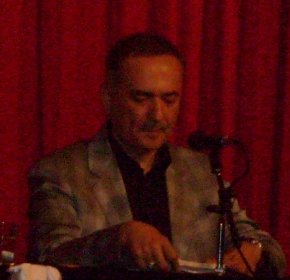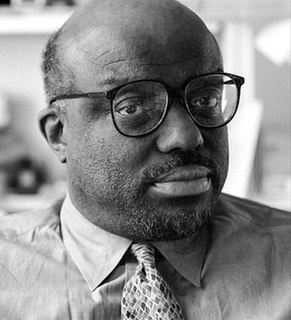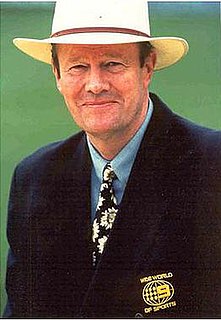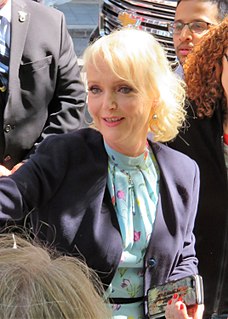A Quote by Philip Gourevitch
In 1933-34, the Belgians conducted a census in order to issue ‘ethnic’ identity cards, which labelled every Rwandan as either Hutu (85%) of Tutsi (14%) or Twa (1%). The identity cards made it virtually impossible for Hutus to become Tutsis, and permitted the Belgians to perfect the administration of an apartheid system rooted in the myth of Tutsi superiority… Whatever Hutu and Tutsi identity may have stood for in the pre-colonial state no longer mattered; the Belgians had made ‘ethnicity’ the defining feature of Rwandan existence.
Related Quotes
We once discussed which were the cleanest troops in the trenches, taken by nationalities. We agreed on a descending-order like this: English and German Protestants; Northern Irish, Welsh and Canadians; Irish and German Catholics; Scots; Mohammedan Indians; Algerians; Portugese; Belgians; French. We put the Belgians and French there for spite; they could not have been dirtier than the Algerians and the Portugese.
When it comes to identity, that was an issue that plagued me for a lot of my life. It's something that I wanted to tap into. Film can really take you to other places, and sometimes that's necessary to understand your own identity or someone else's identity or just the issue of identity, in general. It takes you. It's borderless. It's boundless. It's universal.
The identity of just one thing, the "clash of civilization" view that you're a Muslim or a Hindu or a Buddhist or a Christian, I think that's such a limited way of seeing humanity, and schools have the opportunity to bring out the fact that we have hundreds of identities. We have our national identity. We have our cultural identity, linguistic identity, religious identity. Yes, cultural identity, professional identity, all kinds of ways.
I was examining what religious identity meant in Africa. Along the edge of the Islamic world, what patterns were shaping identity? And the truth is, when I looked at the rise of violent forms of religion, no single identity was prevalent. It's central to note that in Nigeria, that tree is rooted primarily in Christianity. It's not just Islamic militants in the Middle Belt.
